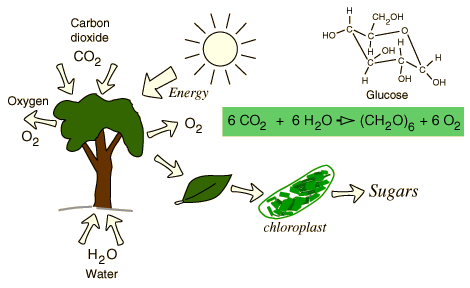Why do biological systems need water?
1 Answer
Biological systems need water because it provides many functions.
As a medium of transport
Water is acts as a transport medium for different molecules, cells, and other materials.
The plasma, which makes up about 55 % of the fluid part of blood, contains 90% of water. This water transports various materials like blood cells and hormones throughout the human body.
Water is also essential in intra- and intercellular transport.
As a solvent
Water in the body is a universal solvent. It dissolves many compounds such as sodium chloride and other salts.
Water dissolves urea and other nitrogenous compounds like uric acid. This is essential for the excretion of these compounds.
As a metabolite
Water in the body is a metabolite and takes part in many reactions.
Mobility of Spermatozoa
Spermatozoa can move only by their flagella in water. If there is no water, they cannot move at all. The process of fertilization cannot take place.
As a Structure Determinant
Water determines the characteristic structure and biological properties of biomolecules.
Proteins, nucleic acids, and polar lipids have both hydrophobic and hydrophilic parts. They tend to form structures in which the non-polar hydrophobic parts can hide from water.
As a Coolant
The high specific heat of water allows it to act as a coolant and regulate the body temperature in hot conditions. The temperature of the organism can remain constant as the air temperature fluctuates.
The high heat of evaporation of water also helps maintain body temperature. When we sweat the water from the skin evaporates and produces a cooling effect.
As a lubricant
Water acts as a lubricant in the body during digestion.
The water present in saliva lubricates the food and makes the passage to lower digestive tract easy.
Also, water around our eyeballs, muscles, and joints ensures that they can move without friction.



